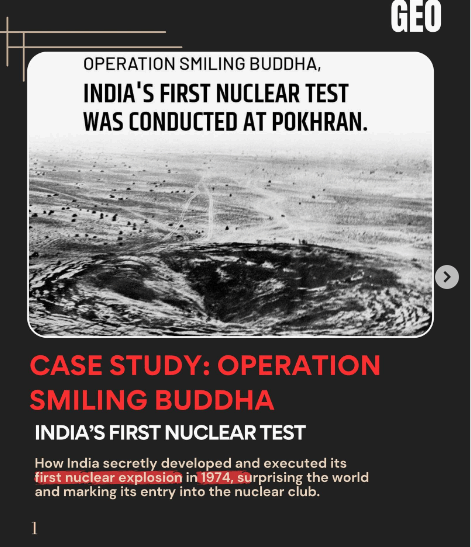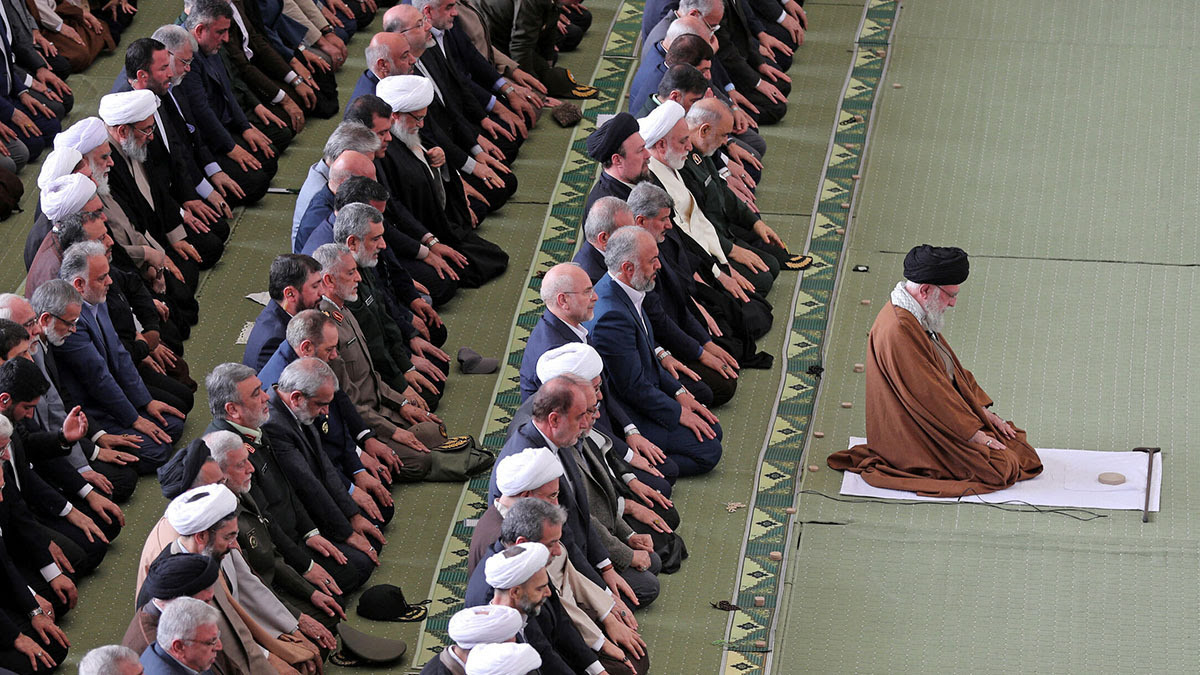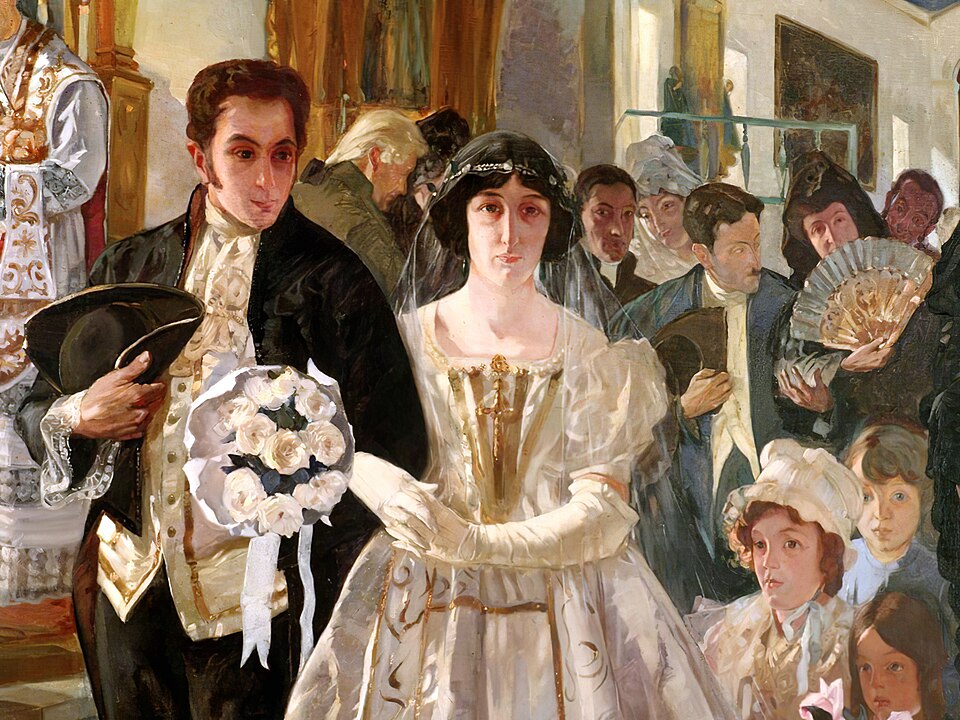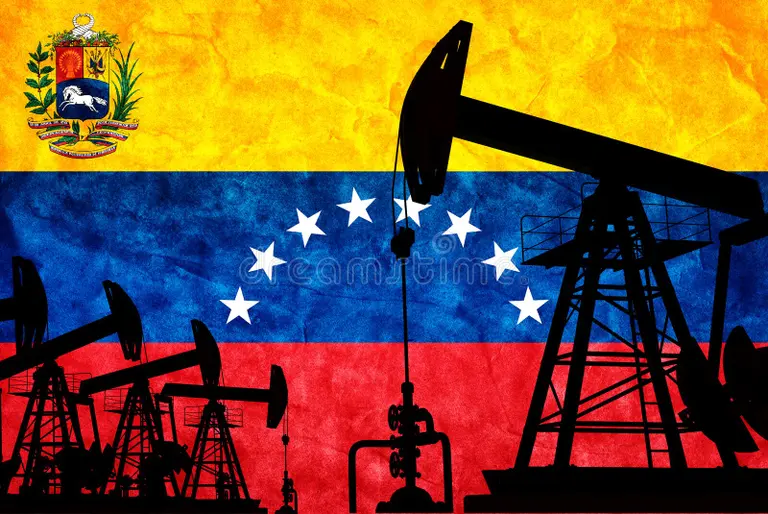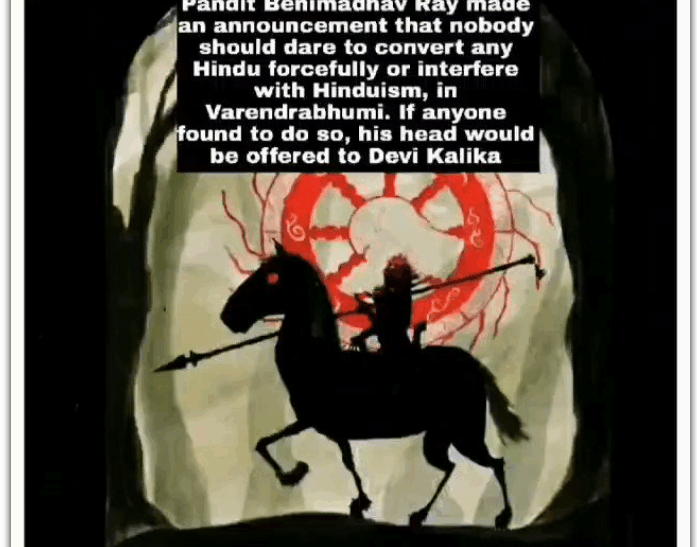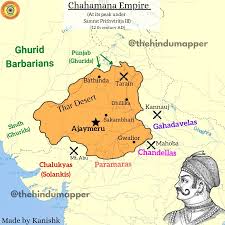THE THREE IRON LADIES
SARASIJ MAJUMDER
Present digitized generation don’t know the politically volatile period of 70s and 80s influenced by cold war, and economically oppressed by OPEC, when these three ladies governed their respective countries. Israel was fighting for existence; England was trying to stop sliding further down economically, and India was trying to get rid of poverty and ‘Third World’ tag.
All of them were the first female head of their states.
And each one of these three ladies, fought an war also for her country, scripting victory.
All had a debatable period when they ruled.
None of them is alive today.
They will ever be remembered in the annals of World Politics for their GRITS.
I discussed below in the order as I ranked them.
Golda Meir:03 May 1898 – 08 December 1978.
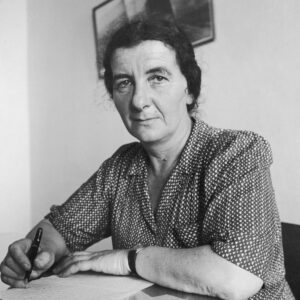
She was an Israeli politician, a Zionist leader, and the fourth Prime Minister of Israel from 1969 to 1974, making her the country’s first and only female head of government to date. Born in Ukraine, she emigrated to the U.S. and then to Palestine, becoming a key figure in the founding of Israel and serving in various ministerial roles before becoming prime minister. Her tenure as prime minister included the 1973 Yom Kippur War and the Munich massacre.
Key Aspects of Her Life and Career:
Early Life & Zionism: Born as Golda Mabovitch in Kyiv, she immigrated to the United States, where her family lived in Milwaukee and Denver. In Denver, she became involved with the Zionist movement, which advocated for a Jewish nation-state. She married Morris Myerson on the condition that they would emigrate to Palestine.
Independence Movement: Meir moved to Palestine in 1921, joined a kibbutz, and became a prominent activist in the Zionist movement. She was a key figure in the leadership of the independence movement after 1946 and was one of the two women who signed Israel’s Declaration of Independence in 1948. She also played a crucial role in fundraising for arms before the Israeli Declaration of Independence.
Ministerial Career: Before becoming prime minister, Meir served in several ministerial roles, including Minister of Labor (1949–1956) and Minister of Foreign Affairs (1956–1966).
Prime Minister (1969–1974): Her time as prime minister was marked by significant events, including the Munich massacre and the 1973 Yom Kippur War. After the war, she faced questions about her handling of the conflict and eventually resigned.
Her strong will and determined demeanour earned her the nickname “The Iron Lady” of Israeli politics.
Legacy: She is remembered as a formidable and tenacious leader who helped to found the State of Israel and lead it through critical times. She passed away in Jerusalem in 1978.
Margaret Thatcher :1925–2013
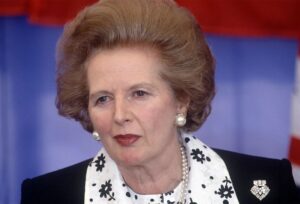
She was a British Conservative Party politician who served as the Prime Minister of the United Kingdom from 1979 to 1990. She was the first woman to hold the position and the longest-serving British Prime Minister of the 20th century. A controversial and polarizing figure, she was known as the “Iron Lady” due to her uncompromising leadership style. The neoliberal economic policies she implemented during her time in office became known as Thatcherism.
Key Aspects of Her Life and Career:
Rise to power: After studying chemistry at Oxford University and working as a research chemist and barrister, she was elected to Parliament in 1959. In 1975, she was elected leader of the Conservative Party, becoming the first woman to lead a major UK political party.
The Falklands War: In 1982, Argentina invaded the Falkland Islands. Thatcher responded by sending a naval task force to recapture the islands, a decisive victory that bolstered her popularity and helped secure her re-election in 1983.
Confronting trade unions: Thatcher was committed to curbing the power of labour unions through a series of legal reforms. Her defining victory came in the 1984–1985 miners’ strike, which led to a significant decline in the unions’ influence over British industry.
Privatization: The government sold off most large state-owned utilities, including British Telecom. Supporters of privatization and wider share ownership dubbed the policy “popular capitalism”.
Resignation: After being re-elected for a third term in 1987, her support declined due to her opposition to European integration and the introduction of the deeply unpopular poll tax. Following a leadership challenge within her party, she resigned as prime minister in November 1990.
Later life and legacy
Retirement: Following her resignation, Thatcher was made a life peer in 1992, allowing her to sit in the House of Lords. In her later years, her public appearances became more limited due to her declining health.
Death: Margaret Thatcher died of a stroke on April 8, 2013, at the age of 87. Her ceremonial funeral was held at St. Paul’s Cathedral and was attended by Queen Elizabeth II.
Debated legacy: Though she is viewed favourably in historical rankings by some, her impact on Britain remains a subject of ongoing debate. Supporters credit her with revitalizing the British economy and limiting the power of unions, while opponents point to increased unemployment, homelessness, and the decline of major industries during her premiership.
Indira Gandhi :19 November 1917 – 31 October 1984
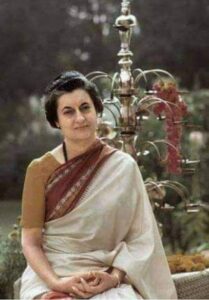
She was India’s first and only female Prime Minister, serving from 1966 to 1977 and again from 1980 until her assassination in 1984. The daughter of Jawaharlal Nehru, India’s first Prime Minister, she was a central and always most controversial figure in Indian politics.
Key Aspects of Her Life and Career
Bangladesh Liberation War (1971): Indira Gandhi led India to a decisive victory against Pakistan in the 1971 war, resulting in the creation of Bangladesh. This she achieved defying USA, England, and major European Countries, who directly, or indirectly assisted Pakistan in the WAR. This significantly boosted her image as a powerful and decisive leader, earning the name—‘Iron Lady’ in India, and abroad.
Pokhran-I (1974): Under her leadership, India conducted its first nuclear weapons test, codenamed “Smiling Buddha”, in total secrecy!! USA & EUROPE for sure didn’t anticipate—Russia may.
The Emergency (1975–1977): In response to political opposition and unrest, Indira Gandhi declared a state of emergency, which suspended democratic processes and fundamental rights. This period is widely seen as a “black spot” on her political career, and Indian democracy. After losing the 1977 election, she regained power in 1980.
Operation Blue Star (1984): In a bid to remove Sikh separatists from the Golden Temple in Amritsar, she ordered a military operation. This move was widely condemned by Sikhs and directly contributed to the circumstances surrounding her assassination.
Assassination: On October 31, 1984, Indira Gandhi was assassinated by two of her Sikh bodyguards in retaliation for Operation Blue Star. Her death was followed by widespread anti-Sikh riots across mainly in Delhi.
Recent news and legacy: Although Indira Gandhi died over four decades ago, her political legacy and policies continue to be discussed and referenced in current events.
The 50th anniversary of the Emergency was widely discussed in June 2025, with politicians, including present PM Modi of India, commenting on the period.
The late hairstylist Habib Ahmed, who styled Gandhi’s hair, passed away in September 2025 at the age of 84.
Two Films are made on her life—one “ANDHI”, late Suchitra Sen playing lead women role, portraying her; and the other- “EMERGENCY”, featuring Kangana Ranaut as Indira Gandhi. Both has generated significant discussions. In Andhi, Mrs. Sen missed Film fare award by a whisker as best Female Actress.
Indira Gandhi’s legacy remains complex. She is remembered as a strong and influential leader, but her tenure is also marked by the controversy of the Emergency and the tragic events contributing to her assassination.
Her political legacy is often discussed in relation to her family, as her father and son, Rajiv Gandhi, also served as Prime Ministers. Additionally, several government schemes and institutions built, and run by public money, continue to bear her name, such as the Indira Gandhi National Open University (IGNOU) and the Indira Gandhi National Old Age Pension Scheme.
References:
- Lioness: Golda Meir and the Nation of Israel by Francine Klagsbrun(Author)
- Not for Turning: The Life of Margaret Thatcher by Robin Harris (Author)
- Indira Gandhi and the Years That Transformed India by Srinath Raghavan (Author)

